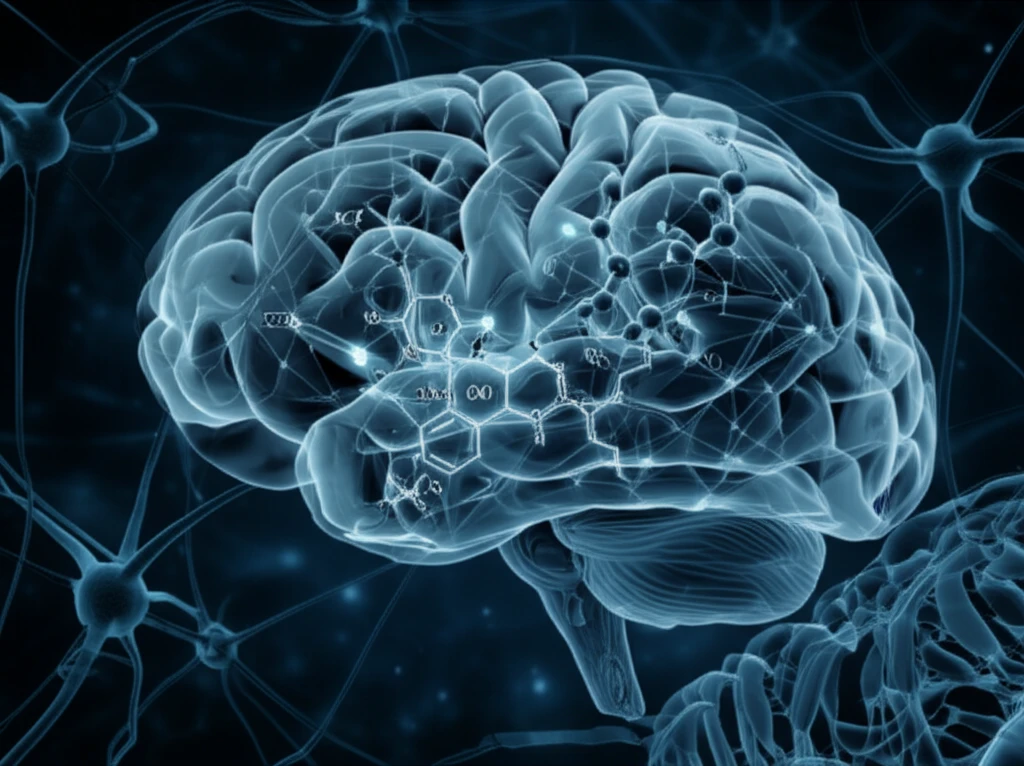
Brain Boost or Breakdown? How a Common Cholesterol Byproduct Could Be Fueling Parkinson's
"New research reveals how a cholesterol byproduct might be linked to the development of Parkinson's disease by impacting key brain functions."
In the realm of neurological disorders, Parkinson's disease (PD) stands as a formidable challenge, impacting millions worldwide. Characterized by tremors, rigidity, and movement difficulties, PD stems from the degeneration of dopamine-producing neurons in the brain. While the exact causes remain elusive, recent research has shed light on a potential culprit: a common byproduct of cholesterol metabolism.
This intriguing connection centers around 27-hydroxycholesterol (27-OHC), a cholesterol metabolite that can cross the blood-brain barrier and has been linked to various health issues. The study explored how 27-OHC affects the brain and its implications for PD. The findings are particularly relevant, suggesting a potential link between cholesterol metabolism and the development or progression of Parkinson's.
This article breaks down the science, offering a clear understanding of the latest findings, what they mean for brain health, and what potential avenues of research and lifestyle adjustments could offer hope and avenues for better brain health. The goal is to equip you with knowledge and actionable insights to navigate this complex issue.
The Cholesterol Culprit: Unveiling 27-OHC and Its Impact on the Brain

The study's core revolves around 27-hydroxycholesterol, a cholesterol derivative known to influence various biological processes. This molecule's ability to cross the blood-brain barrier makes it a noteworthy subject, allowing it to potentially affect brain functions directly. The research reveals a critical interaction between 27-OHC and the alpha-synuclein protein, a key player in Parkinson's disease.
- Increased Alpha-Synuclein: Exposure to 27-OHC leads to elevated levels of alpha-synuclein protein in neurons.
- Proteasomal Dysfunction: 27-OHC hinders the proteasome's ability to break down alpha-synuclein, causing the protein to accumulate.
- HSP70 Reduction: 27-OHC reduces levels of HSP70, a protein that aids in protein folding and waste removal, contributing to alpha-synuclein buildup.
- Mechanism Uncovered: The research indicates that 27-OHC's impact on alpha-synuclein is independent of liver X receptors, suggesting a new pathway to target for intervention.
Looking Ahead: Implications and Potential Avenues for Future Research
The findings underscore the need for additional research into the mechanisms through which 27-OHC influences the brain. Further studies can explore interventions that might help maintain healthy levels of alpha-synuclein and protect against Parkinson's disease. A deeper understanding of this link between cholesterol metabolism, brain health, and neurodegenerative diseases could lead to new preventative strategies and treatment options, improving life for those at risk and living with Parkinson's.
